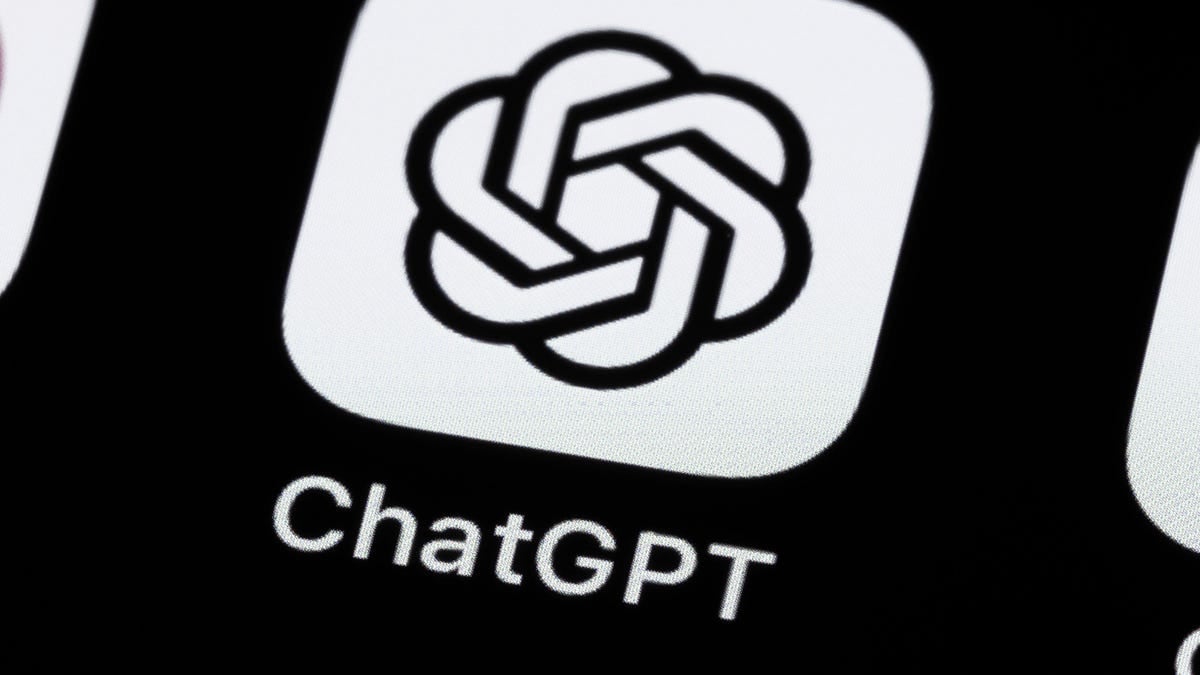The research from Purdue University, first spotted by news outlet Futurism, was presented earlier this month at the Computer-Human Interaction Conference in Hawaii and looked at 517 programming questions on Stack Overflow that were then fed to ChatGPT.
“Our analysis shows that 52% of ChatGPT answers contain incorrect information and 77% are verbose,” the new study explained. “Nonetheless, our user study participants still preferred ChatGPT answers 35% of the time due to their comprehensiveness and well-articulated language style.”
Disturbingly, programmers in the study didn’t always catch the mistakes being produced by the AI chatbot.
“However, they also overlooked the misinformation in the ChatGPT answers 39% of the time,” according to the study. “This implies the need to counter misinformation in ChatGPT answers to programming questions and raise awareness of the risks associated with seemingly correct answers.”



I’m providing explicit examples of compilers doing “the stuff we want it to do”. LLMs do what the want 50% of the time and it still needs modifications afterwards. Imagine having to correct a compiler output and calling that compiler “useful”.
So if something isn’t perfect it’s not “useful?”
I use LLMs when programming. Despite their imperfection they save me an enormous amount of time. I can confidently confirm that LLMs are useful from personal direct experience.